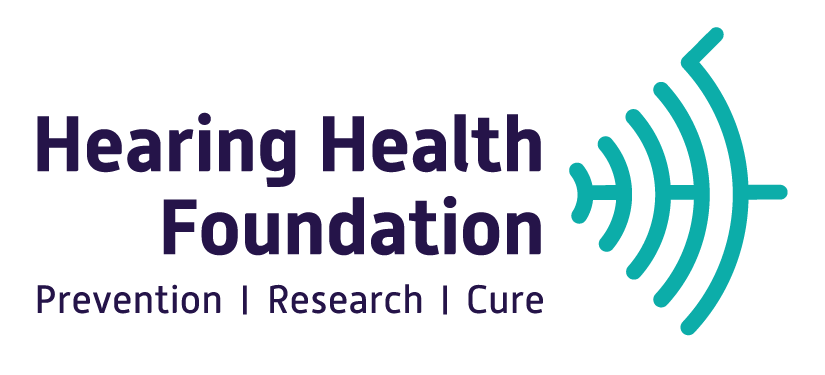Kirill Vadimovich Nourski, M.D., Ph.D.
Meet the Researcher
Kirill V. Nourski, M.D., Ph.D. received an M.D. from St.-Petersburg State University, St.-Petersburg, Russia, in 2001, and a Ph.D. in Neuroscience from The University of Iowa, in 2006. Dr. Nourski is a Royal Arch Masons award recipient. The Royal Arch Masons support Emerging Research Grants in the area of Central Auditory Processing Disorder (CAPD). See all researchers who have received or are currently receiving funding from the Royal Arch Masons.
The Research
University of Iowa
Temporal Processing in the Human Auditory Cortex
My research area is the function of the auditory cortex—the hearing center in the brain. Some neurosurgical patients undergo an operation in which arrays of electrodes are temporarily implanted in the brain for clinical diagnostic purposes. This provides a unique opportunity to study how the auditory cortex works, by measuring its activity (“brain waves”) directly from the brain. My personal project involves measuring the brain’s responses to the timing information of sounds and the ability of the brain to accurately follow this timing and use this information to build a coherent percept of the environment. I want to understand where and how, specifically, timing cues are processed in the auditory cortex. Patients with cochlear implants are largely dependent on timing and rhythm cues to understand speech and communicate. On the other hand, people who have auditory processing disorders, may be impaired in their ability to process that kind of information. In order to come up with new ways of assisting people with auditory processing disorders, it’s important to understand how the timing and rhythm of speech is usually handled by the brain.
Research area: Fundamental auditory research
Long-term goal of research: Beyond this study, my long term goal is to better understand how the different areas that comprise the auditory cortex in humans are organized and what specific roles they play in processing information about sounds, particularly, as it relates to perception of speech. Ultimately, this knowledge will contribute to finding new and/or improved solutions for people with hearing loss and auditory processing disorders.
Click to download a PDF of Dr. Nourski’s Meet the Researcher profile.



